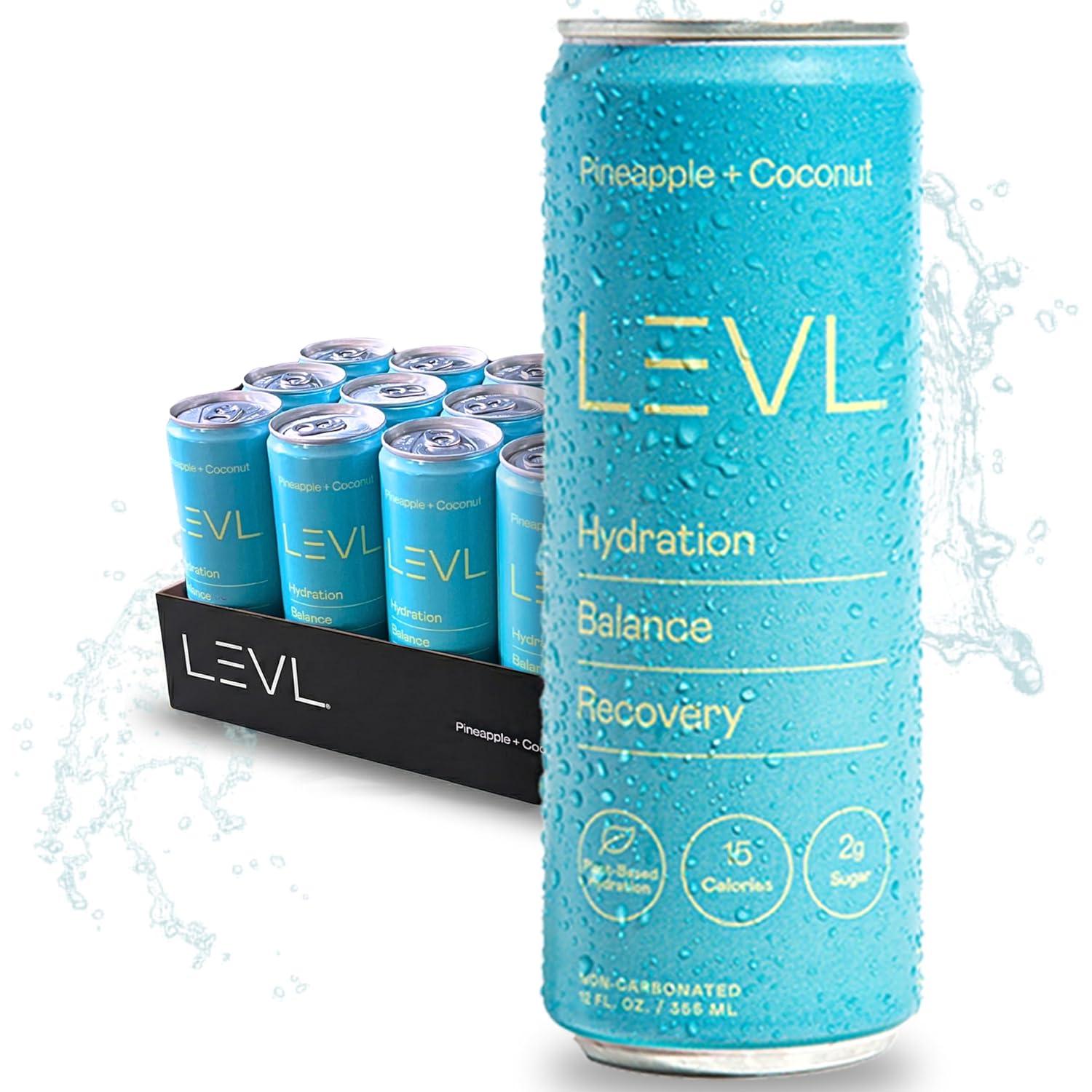Understanding the Link
Physical and mental health are often perceived as separate entities, yet they are deeply interconnected. The body and mind communicate continuously, influencing each other’s performance and overall well-being. Understanding this connection can empower individuals to pursue a more holistic approach to health.
The Body-Mind Connection
Scientific research shows that physical health has a considerable impact on mental well-being and vice versa. Chronic illnesses can lead to feelings of anxiety and depression, while psychological conditions can manifest physically, resulting in headaches, fatigue, and other ailments.
Some key points about this connection include:
- Stress and Physical Health: High stress levels can lead to various physical health issues, such as heart disease and weakened immune function.
- Exercise and Mental Health: Regular physical activity has been proven to reduce anxiety and depression, contributing to better self-esteem and cognitive function.
- Nutrition and Mood: A balanced diet rich in nutrients can lead to better mental health by providing the building blocks necessary for brain function.
Achieving Body-Mind Balance
Achieving a harmonious balance between body and mind requires intentional effort and lifestyle changes. Here are some effective strategies to promote both physical and mental health:
1. Regular Exercise
Engaging in physical activity is one of the most effective ways to enhance mental health. Aim for at least 150 minutes of moderate aerobic exercise each week. Activities such as walking, running, dancing, or yoga can release endorphins, which elevate mood and reduce feelings of stress.
2. Balanced Nutrition
A well-rounded diet should include a variety of fruits, vegetables, whole grains, and lean proteins. Foods rich in omega-3 fatty acids, such as fish and nuts, are particularly beneficial for brain health. Staying hydrated also plays a crucial role in cognitive function and emotional balance.
3. Mindfulness and Meditation
Practicing mindfulness and meditation can help alleviate stress and improve mental clarity. Incorporating mindfulness-based practices into your daily routine can cultivate a sense of inner peace and awareness. Simple techniques like deep breathing and guided meditation are excellent starting points.
4. Quality Sleep
Sleep is essential for both physical and mental health. Aim for 7-9 hours of quality sleep each night to enhance cognitive function and emotional stability. Implementing a consistent sleep schedule and creating a calming bedtime routine can significantly improve sleep quality.
5. Social Connections
Building and maintaining strong social relationships can help improve both mental and physical health. Spending time with loved ones or participating in group activities fosters a sense of belonging and support, which is essential for emotional well-being.
Benefits of Body-Mind Balance
Achieving body-mind balance comes with a host of benefits, including:
- Improved Mental Clarity: A healthy body contributes to better cognitive function.
- Enhanced Emotional Stability: Regular exercise and proper nutrition can lead to reduced anxiety and stress levels.
- Stronger Immune System: Physical fitness supports a robust immune system, reducing the risk of chronic illnesses.
- Higher Resilience: A balanced lifestyle equips individuals to handle stress and adversity more effectively.
Conclusion
Understanding the intricate relationship between physical and mental health is essential for achieving overall well-being. By adopting a holistic approach that includes regular exercise, balanced nutrition, mindfulness practices, quality sleep, and strong social connections, you can foster a harmonious relationship between body and mind. Remember, taking small, consistent steps towards improving your lifestyle can make a significant difference in your overall health.
FAQs
- 1. How does exercise improve mental health?
- Exercise releases endorphins, which are chemicals in the brain that promote feelings of happiness and well-being.
- 2. What role does nutrition play in mental health?
- A balanced diet provides essential nutrients that support brain function, contributing to improved mood and cognitive abilities.
- 3. Can mindfulness meditation help with physical health?
- Yes, mindfulness meditation can reduce stress, lower blood pressure, and improve overall physical health through relaxation.
- 4. How much sleep do I need for optimal health?
- Most adults need between 7-9 hours of sleep each night for optimal cognitive function and emotional stability.
- 5. Why are social connections vital for health?
- Social connections provide emotional support, reduce stress, and promote happiness, which are crucial for both mental and physical well-being.





